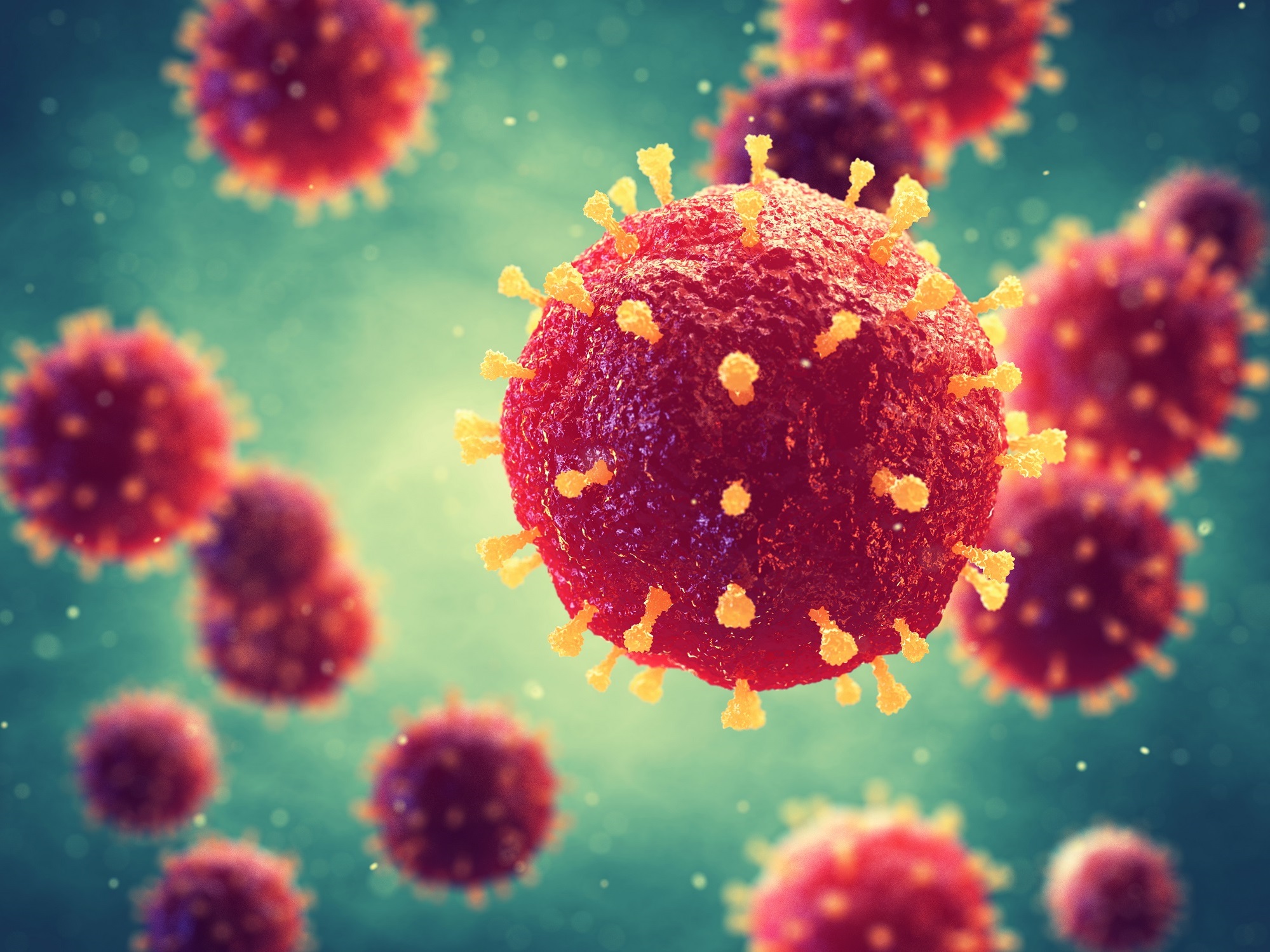A cross-party group of MPs and peers have called for every fine issued under coronavirus regulations to be reviewed. The Joint Committee on Human Rights have called the application of fixed penalty notices (FPNs) ‘muddled, discriminatory and unfair’.
It has been estimated that more than 85,000 FPNs have been handed out to people since March 2020, ranging from £200 for not wearing a facemask to £10,000 for offences related to organised gatherings. The committee criticised the high number of fines that have been wrongly issued by the police, owing to factors such as rapidly changing laws. It was reported that the regulations have changed at least 65 times since March last year.
The Crown Prosecution Service found that, out of those penalties that had not been paid and progressed through the system all the way to prosecution, one in four had been issued incorrectly in January this year (25%) and 27% in February. The committee believes that this number could be even higher for fines that were simply paid and not challenged and argues that this could amount to a breach of the European Convention on Human Rights, article seven (no punishment without law). According to the committee, the ‘high rates of error and the disproportionate impact on different groups in society’ were concerning and called for ‘a more graduated approach and consideration of removing these convictions from criminal records’.
National Police Chiefs’ Council statistics revealed certain groups in society were more likely to receive FPNs than others and, for example, fines were issued to Black and Asian people ‘at a rate 1.8 times higher than white people’. In Scotland it was revealed that people living in the 10% most deprived Scottish neighbourhoods were ‘11.2 times more likely to receive an FPN than those living in the 10% least deprived Scottish neighbourhoods’.
In respect of offences relating to potentially infectious persons under the Coronavirus Act 2020, the Committee said that it was ‘astonishing’ that the legislation was ‘still being misunderstood and wrongly applied’ by police to such an extent ‘that every single criminal charge brought under the Act has been brought incorrectly’
Labour MP, Harriet Harman, said: ‘We’ve got an unfair system with clear evidence that young people, those from certain ethnic minority backgrounds, men, and the most socially deprived, are most at risk.’ She further adds: ‘The whole process disproportionately hits the less well-off and criminalises the poor over the better off.’
Recommendations include the introduction of a means of challenging FPNs, ensuring no criminal record should result from them and an income assessment prior to large fines being issued.







